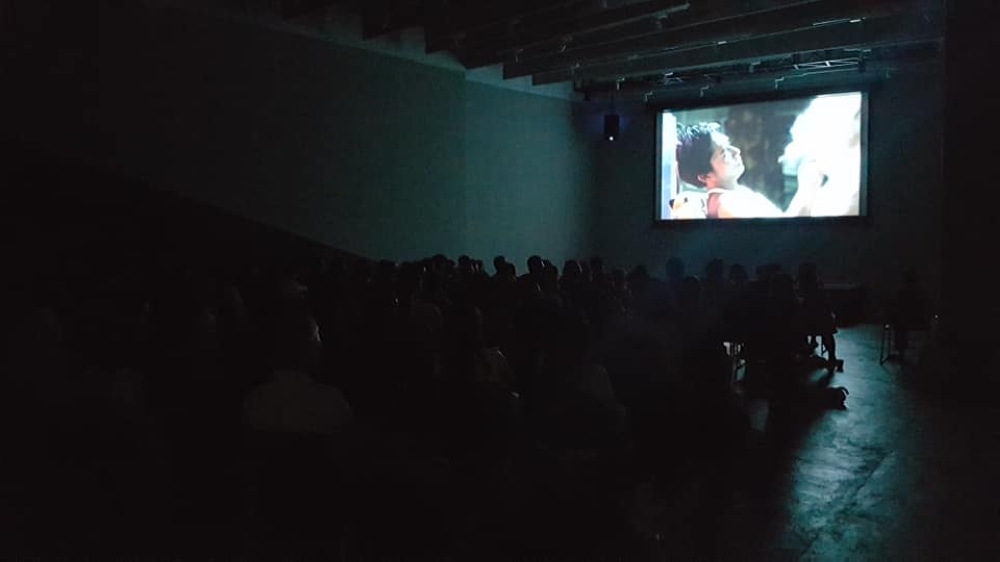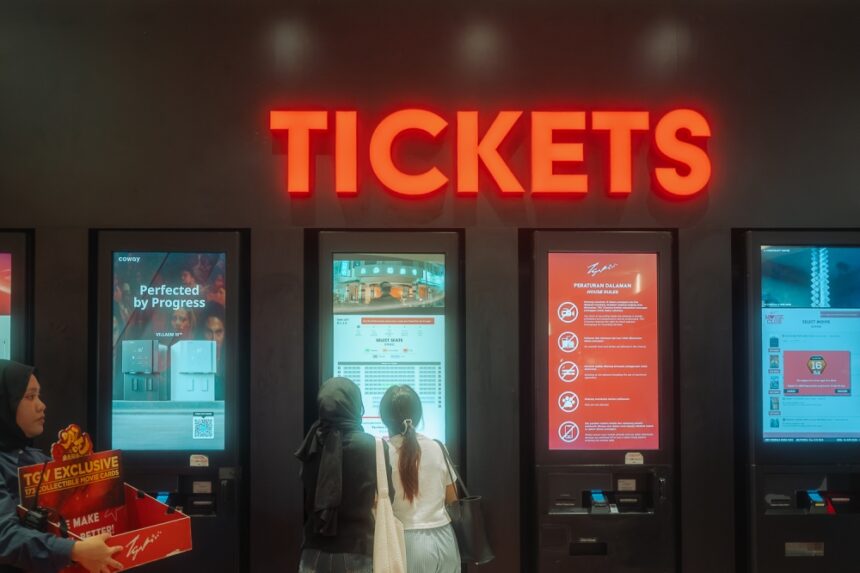KUALA LUMPUR, May 25 — Film culture in Malaysia has seen remarkable growth and transformation over the years.
From the heyday of film critics and clubs to the emergence of pop culture conventions, film conferences, and mini museums like the Yasmin Ahmad Museum in Ipoh, Perak, and Rumah P. Ramlee in Penang, the nation’s cinematic landscape continues to expand.
With advancements in high-end movie theatre technology and the proliferation of cinemas nationwide, Malaysia’s film culture is entering an exciting new chapter.
The rise of cinematic experiences
Moviegoers today enjoy more than just blockbuster films; they are presented with a range of cinematic experiences tailored to individual preferences. From premium seating to advanced audio systems and cutting-edge screen technology, audiences are spoiled for choice.
Concert films have also become a phenomenon, turning cinema halls into stadium-like venues where fans can sing along and relive live concert experiences.
One standout example is Taylor Swift: The Eras Tour film, which premiered globally in October 2023 and became the highest-grossing concert film of all time, earning over US$261 million (RM1.1 billion) globally. Using footage from Swift’s performances at SoFi Stadium in California during her US tour, the film captivated Malaysian Swifties upon its local release.
Kenneth Koh Wye Hong, 29, attended a screening at GSC Mid Valley during its premiere week and described the atmosphere as electric.
“The experience honestly felt like going to an actual concert,” Koh said. “The atmosphere was super positive, with people dancing, singing, waving lightsticks, and even screaming at the top of their lungs.”
For local Swifties unable to attend her Singapore concert, the film provided a chance to connect with her music.
The trend continues with K-pop sensation J-hope, whose Hope On The Stage tour finale in Japan will be broadcast live in cinemas worldwide, including Malaysia, on May 31.
Local film critic Abdul Wahab Hamzah notes that modern film reviews often prioritise technical aspects over storytelling and thematic depth. — Picture by Shafwan Zaidon
Film criticism: A lost art
Film criticism, once a cornerstone of film culture, is gradually fading in Malaysia.
Veteran critic Abdul Wahab Hamzah, who has reviewed local films for over 20 years, observed a shift towards online platforms like YouTube, where many reviewers focus on gaining followers.
“In the past, reviews were more reflective and analytical,” Abdul said. “Nowadays, critics often emphasise cinematography, editing, and effects while overlooking storylines, acting, and messages.”
Despite these changes, Abdul maintains that his critiques have always been professional, citing respectful discussions with prominent filmmakers like Datuk Yusof Haslam and the late Mamat Khalid.

FilmCulture3 Caption: A screening session organised by Kelab Seni Filem Malaysia. — Picture via Facebook/Kelab Seni Filem Malaysia
The role of film clubs
Film clubs in Malaysia may not be mainstream, but they have a devoted following.
According to a 2023 study co-authored by filmmaker Muzammer Rahman, over 30 active film clubs exist nationwide, primarily in the Klang Valley. These clubs often host screenings of classic, independent, and rare films, followed by discussions.
Kelab Seni Filem Malaysia (KSFM), one of the oldest clubs, has been promoting arthouse and non-commercial films since the 1960s. Currently, it holds screenings at HELP University’s auditorium in Bukit Damansara.
KSFM collaborates with foreign embassies and cultural institutions like the Goethe Institute and Alliance Française, which supply films for free. Screenings are now free to the public to attract more viewers, particularly university students.
Despite challenges such as licensing and censorship by Malaysia’s Film Censorship Board (LPF), KSFM remains dedicated to its mission of fostering film appreciation.
“While the LPF’s role in vetting films is understandable in a multicultural society, there are instances of overreach,” said KSFM president Wong Tuck Cheong.
KSFM continues to spotlight local films, including works like Village People Radio Show by Amir Muhammad and The Beautiful Washing Machine by James Lee, alongside its workshops and seminars on filmmaking and appreciation.
Film culture in Malaysia is undoubtedly evolving, offering opportunities for both casual moviegoers and devoted cinephiles to engage with the medium in diverse and meaningful ways.


